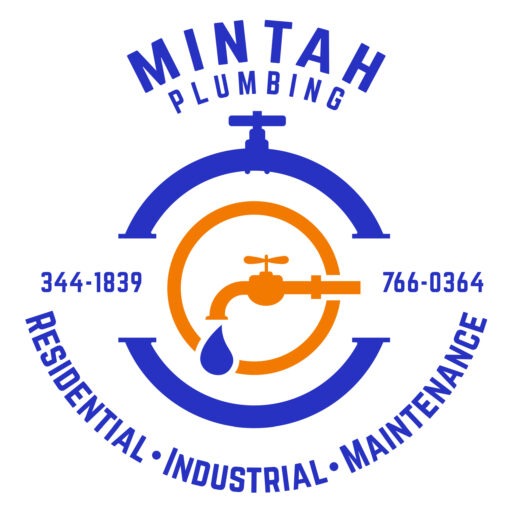Regular plumbing maintenance is often overlooked by homeowners, yet it plays a crucial role in ensuring the efficiency and longevity of your home’s plumbing system. Ignoring routine maintenance can lead to costly repairs, water damage, and unnecessary stress. In this blog, we’ll explore why regular plumbing maintenance is important, the benefits it offers, and practical tips to keep your plumbing in top condition.
Prevent Costly Repairs
One of the primary reasons to prioritize regular plumbing maintenance is to prevent costly repairs. Minor issues, such as small leaks or slow drains, can quickly escalate into major problems if left unaddressed. Regular inspections can identify and fix these minor issues before they cause significant damage. For example, a small leak can be repaired for a minimal cost, but if ignored, it could lead to extensive water damage requiring expensive repairs.
Enhance System Efficiency
Regular maintenance ensures that your plumbing system operates efficiently. Over time, pipes can develop buildups of sediment, minerals, and debris, which can restrict water flow and reduce efficiency. By cleaning and maintaining your pipes, fixtures, and appliances, you can ensure they function optimally, saving you money on water bills and reducing the strain on your plumbing system.
Extend the Lifespan of Your Plumbing
Like any other system in your home, your plumbing has a finite lifespan. Regular maintenance can significantly extend the life of your pipes, fixtures, and appliances. By addressing wear and tear early, you can prevent premature replacements and ensure that your plumbing system serves you well for many years. This not only saves money but also minimizes the inconvenience of frequent plumbing issues.
Prevent Water Damage
Water damage can be devastating to your home, leading to structural issues, mold growth, and ruined belongings. Regular plumbing maintenance helps prevent water damage by identifying potential problem areas before they cause leaks or bursts. Inspections of pipes, water heaters, and appliances can catch issues early, allowing you to address them before they result in costly damage.
Improve Water Quality
Your plumbing system plays a vital role in ensuring the quality of the water you use daily. Over time, pipes can corrode, and fixtures can accumulate mineral deposits, affecting water quality. Regular maintenance helps keep your water clean and safe by replacing old pipes, cleaning fixtures, and ensuring that your water filtration systems are working correctly. This is especially important for drinking water and water used for cooking.
Ensure Safety
Faulty plumbing can pose serious safety risks, such as gas leaks, water heater malfunctions, and sewer backups. Regular maintenance includes checking for potential safety hazards and ensuring that all components of your plumbing system are in good working order. By addressing these issues proactively, you can protect your home and family from potential dangers.
Save Money in the Long Run
While regular plumbing maintenance involves an initial investment, it can save you a significant amount of money in the long run. Preventive maintenance helps avoid expensive emergency repairs, reduces water bills by maintaining system efficiency, and extends the lifespan of your plumbing. The cost of regular maintenance is relatively low compared to the potential expenses of neglecting your plumbing system.
Practical Tips for Regular Plumbing Maintenance
- Schedule Annual Inspections: Hire a professional plumber to conduct an annual inspection of your plumbing system. They can identify and address any potential issues before they become major problems.
- Check for Leaks: Regularly inspect faucets, pipes, and appliances for leaks. Even small leaks can waste a significant amount of water and lead to higher bills.
- Clean Drains: Use drain cleaners or natural solutions like baking soda and vinegar to keep your drains clear and prevent clogs.
- Inspect Water Heater: Regularly check your water heater for signs of corrosion or leaks. Flushing the tank annually can help remove sediment buildup and improve efficiency.
- Maintain Water Pressure: High water pressure can damage pipes and fixtures. Use a pressure gauge to check your water pressure and install a pressure regulator if necessary.
- Insulate Pipes: Insulate exposed pipes, especially in colder climates, to prevent freezing and bursting during winter.
Conclusion
Regular plumbing maintenance is essential for keeping your home’s plumbing system in good condition. It prevents costly repairs, enhances efficiency, extends the lifespan of your plumbing, and ensures the safety and quality of your water. By investing in routine maintenance, you can save money in the long run and avoid the stress and inconvenience of unexpected plumbing issues. Make plumbing maintenance a priority to protect your home and enjoy a worry-free plumbing system.
